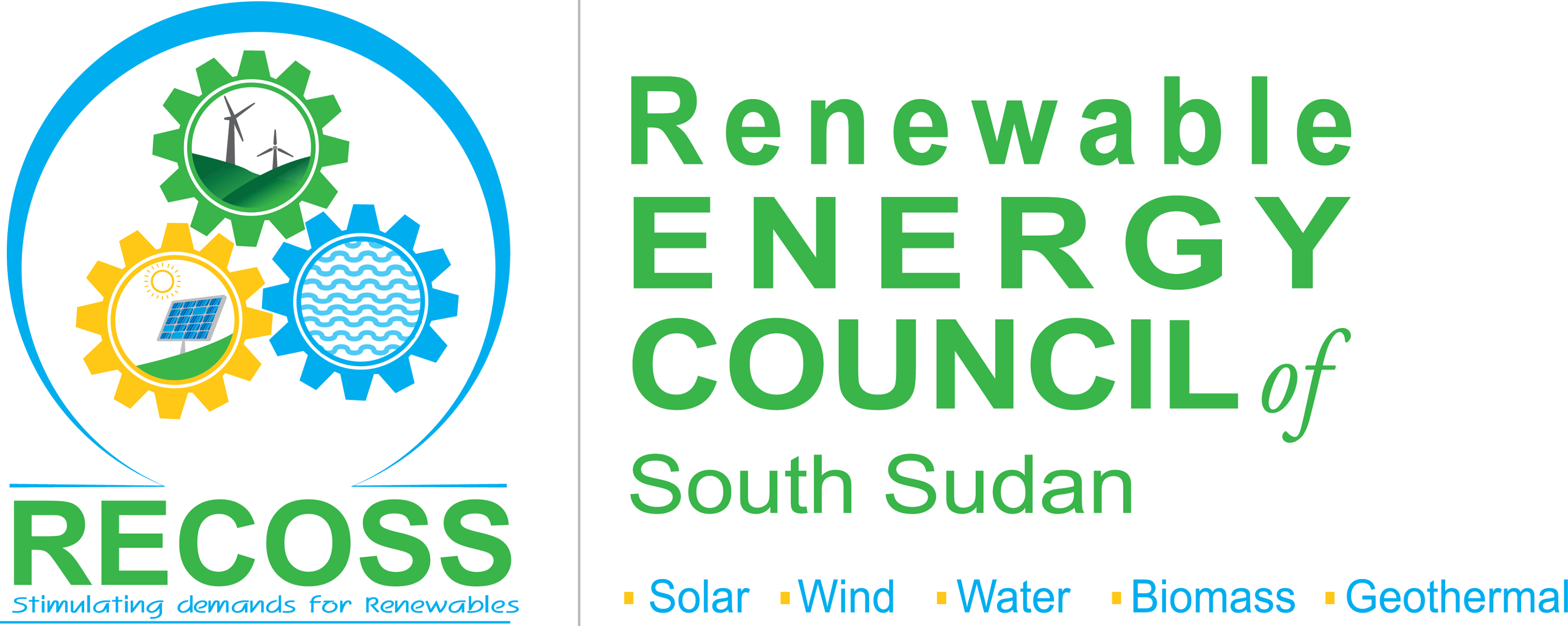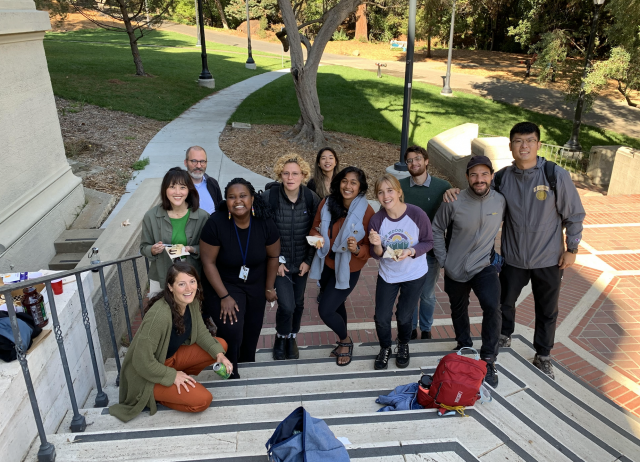The goal of our ‘Powering the Blue Economy’ project is to assess the optimal grid integration of offshore renewable energy technologies (wave, tidal, wind) and their potential for advancing the blue economy. Through this project, our team is holistically evaluating wave energy and wind-wave co-located energy in terms of the near-term and long-term market potential and value to the electrical grid and blue economy, as defined by the U.S. Department of Energy’s Water Power Technologies Office report: Powering the Blue Economy (PBE), and disseminating this information widely to streamline device design and deployment strategies.
Katy Zhen, 2025 American Fisheries Society Hutton Scholar and RAEL Visiting Student, wrote a blog series documenting her summer working on this project. You can read her work here.
Katy Zhen (she/her) is a 2025 American Fisheries Society (AFS) Hutton Junior Fisheries Biology Scholar. She is a rising senior at Castilleja High School who is interested in all aspects of sustainability and environmental science. She is supporting RAEL’s research on the simultaneous growth of blue economy industries and marine renewable energy.
Alexandra (she/her) is an MS/PhD in the Energy and Resources Group at the University of California, Berkeley. Her research lies at the intersection of climate policy modeling and critical environmental justice methods and logics. At ERG, she is conducting research in the Renewable and Appropriate Energy Laboratory (RAEL) and the Liberatory Infrastructures Lab (LiL).
Alexandra Grayson earned a Bachelor of Science in Environmental Science from Howard University. A Baltimore native, Alexandra can be found advocating for a just and sustainable future in her role as a Chesapeake Bay Foundation Trustee. She also serves on the American Meteorological Society’s Ad Hoc Committee on Wildfire Weather, Technology and Risk.
Spotlight Kampala is a multi-institutional research collaboration of universities and community advocates that aims to shed light on the inequities faced by informal urban communities in accessing and utilizing electricity. Our data provides important baseline statistics on metrics of access like access rates, affordability, supply reliability and quality as well as an understanding of how community members perceive and navigate barriers to access. We aim not only to provide summary statistics, but to ground these learnings in the daily lived experience of Kampala’s informal residents. Community participation is a core objective of the work, with community members involved in each step of research design, execution, and dissemination. The project also focuses heavily on working closely with local stakeholders like the Government of Uganda’s Ministry of Energy and Mineral Development, the utility Umeme Limited, and community-based organization like ACTogether Uganda and the National Slum Dwellers Federation of Uganda.
For more information and contact with the project team, visit the Spotlight Kampala website.
Xi Xi is a Master’s student for the Energy Resource group. Xi Xi uses interdisciplinary methods such as quantitative modeling techniques and policy analyses to assess impacts on emissions, energy use, and other socio-economic indicators. Xi Xi looks forward to applying her knowledge in the context of international development. Xi Xi would also like to study how developing countries may be affected by or benefit from tensions between China and the West related to China’s emerging role in international development and international climate politics.
In RAEl she is researching US-China climate policy, decarbonization in Africa, and China’s role in Africa, among other topics.
Prior to joining ERG, Xi Xi earned a BA from Wellesley College. Xi Xi has worked for the Institute for Global Decarbonization Progress (iGDP), Abt, and the Massachusetts Clean Energy Center (MassCEC).
Xi Xi also enjoys traveling in their free time.
Ari Ball-Burack is a first year PhD student in the Energy & Resources Group at the University of California, Berkeley, advised by Dr. Dan Kammen. He studies data and computational tools to inform effective decarbonization policy. Specifically, he is interested in incorporating key complexities such as justice and equity, behaviorally realistic decision-making, and technological innovation in energy policy decision support tools. His current research investigates decarbonization policy interactions at the national and global levels, distributional equity in electric vehicle charging infrastructure, and representations of consumer adoption in multi-sector energy system models.
Ari graduated from Williams College, where he studied Computer Science and Physics, and received MPhil degrees in Advanced Computer Science and Environmental Policy from the University of Cambridge. Prior to joining ERG, he worked as a researcher at the Cambridge Institute for Sustainability Leadership. Ari enjoys running, playing music, and quality time with loved ones (ideally in nature).
Anyuat John Arou, is a lecturer of Electrical Engineering at the University of Juba in Juba, South Sudan. He is also the CEO of the Renewable Energy Council of South Sudan (RECOSS).
His Research focuses on Power Systems Studies; especially power quality Control in variable renewable resources (VRE) – Based Microgrids. Arou graduated from Ndejje University, Kampala, Uganda, and received the Master of Science in Electrical Power from Newcastle University, Newcastle Upon Tyne, UK and currently pursuing Doctor of Engineering in Electrical & Computer Engineering from the Yokohama National University, Yokohama, Japan.

Contact: anyuat2000@gmail.com
Guangyu joins us for a year from North China Electric Power University, where he has already worked on clean energy markets and wind energy forecasting.
At RAEL (and LBL) he will be working on aggressive decarbonization pathways for China, and the expansion of clean energy services in heavy industry.
His recent paper on day-ahead wind forecasting is available on the RAEL publications pages. To take a look, click here.
Send him note and welcome & get to know Guangyu!

Shuba is the co-director of the California Energy Commission sponsored project
” Engaging Communities in the Design of Sustainable Energy and Localized Futures (SELF)”
Among her many publications are a number that addresses the energy-access-affordability-climate nexus, including:
- The California Demand Response: Potential Study, Phase 3; Brian F.Gerke,Giulia Gallo,Sarah J. Smith, Jingjing Liu, Peter Alstone, Shuba V. Raghavan, Peter Schwartz, Mary Ann Piette, Rongxin Yin and Sofia Stensson.
- Translating climate change and heating system electrification impacts on building energy use to future greenhouse gas emissions and electric grid capacity requirements in California; Brian Tarroja, Felicia Chiang, Amir AghaKouchak, Scott Samuelsen, Shuba V. Raghavan, Max Wei, Kaiyu Sunand Tianzhen Hong, Applied Energy, 2018, vol. 225, issue C, 522–534
- Building a Healthier and More Robust Future: 2050 Low-Carbon Energy Scenarios for California. California Energy Commission. Primary Authors: Max Wei, Shuba Raghavan, Patricia Hidalgo-Gonzalez, Contributing Authors: Rodrigo Henriquez Auba, Dev Millstein, Madison Hoffacker, Rebecca Hernandez, Eleonara Ruffini, Brian Tarroja, Amir Agha Kouchak, Josiah Johnston, Daniel Kammen, Julia Szinai, Colin Shepard, Anand Gopal, Kaiyu Sun, Tianzhen Hong, and Florin-Langer James. Publication Number: CEC-500‑2019-033; March 2019
- Pathways to Decarbonize Residential Water Heating in California, Shuba V Raghavan, Max Wei, Daniel Kammen, Energy Policy 109 (2017) 441–451
- Adoption of Solar Home Lighting Systems in India: What might we learn from Karnataka? Harish, Iychettira, Raghavan, Kandlikar, Energy Policy, Vol 62, November 2013, pp ‑697–706.
- Assessing the impact of the transition to Light Emitting Diodes based solar lighting systems in India, Santosh Harish, Shuba V Raghavan, Milind Kandlikar, Gireesh Shrimali, Energy for Sustainable Development, Volume 17, Issue 4, August 2013, pp. 363–370.
For the UC Berkeley Climate Justice course, syllabus, click here.


You must be logged in to post a comment.